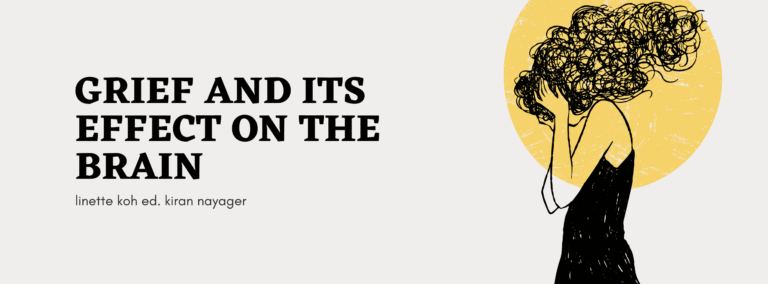
Written by Geraldine Yang; Edited by Zoe Wei
Through its 21 episode runtime, The Great White Tower ultimately begs the question: what will we sacrifice in the name of our desires? Because, as we quickly learn, there is no such thing as action without consequence. When the lives of patients are at stake, each move is a risk. It is this nature of The Great White Tower which makes it so captivating to watch from the very beginning. From the first episode I was hooked by the subtle power plays of the series’ main character, Zaizen Goro. Zaizen, a brilliant surgeon, whose skill is matched only by his fierce ambition, engages in a sequence of calculated political moves to secure his place as the successor to Professor Azuma. Azuma views Zaizen’s ambition as a threat to his own status, and is hesitant to give up his title without a fight. Thus begins the first major plot point of the drama, spanning roughly 10 episodes.
The Great White Tower can be demarcated into 2 major story arcs, which while differing greatly in theme and tone, the message of the show remains consistent. The aforementioned first arc is more similar to a political drama than soap opera, but ultimately sets the latter half of the show into motion.The unique hospital hierarchies and stakeholders do influence the nature of the show, but the premeditated moves of Zaizen and Azuma would not be out of place in, say, Billions, or House of Cards. Thus, the first half of the show brings into question the morality of different positions within the hospital. However, the second half of the show delves heavily into the issue of medical ethics. Following Zaizen’s single-minded desire to rise – and remain – at the top of the hospital hierarchy, the drama descends into a medical lawsuit that threatens to destroy all he has worked for.
There is no denying that the show gets better episode to episode. I had to exercise so much self-restraint to not binge watch all 21 episodes in one sitting because the pacing, suspense, and dramatic timing of each episode was just so masterfully crafted. While some episodes would end up on cliffhangers, the show didn’t need them to maintain your interest. They simply compelled you to continue watching through the sheer ingenuity of the plot and well-developed characters.
Part 1: Morality – More Than Black and White
While it can be tempting to typecast Zaizen as the story’s antagonist due to his ruthless ambition, such a stereotype would be greatly ignorant of the drama’s hidden complexities. Despite partaking in underhanded political manipulations in the first half of the drama, we feel compelled to root for him. And despite potentially disagreeing with the means by which he seizes his ambitions, we cannot help but admire the strength of his resolve and skill. This is a sentiment shared by the drama’s deuteragonist, Satomi Shuji. The yin to Zaizen’s yang, both characters sit at opposite ends of the moral axis. Satomi has no interest in power and prestige, with his own personal visions surrounding the best interests of his patients. Despite these moral clashes, Zaizen and Satomi share a unique relationship in which both view the other as their rival, but still are able to deeply appreciate each other’s skills. It is this bond which makes it more difficult for Satomi to stand his moral ground in the show’s second arc as he leads the medical lawsuit against Zaizen; an action that leaves him ostracised. Thus, even the seemingly morally perfect Satomi ends up inadvertently hurting those around him in his all-consuming dedication to upholding justice.
Part 2: Doctors Are Not God – Patient Disclosure in Medical Ethics
The Great White Tower handles the multifaceted issue of medical ethics in a respectful and sophisticated manner; it is presented as a mere plot device. While we do retain some level of understanding for Zaizen’s actions when we see his struggle for power, the drama ultimately portrays his actions of potential medical negligence in a serious manner. More specifically, The Great White Tower deals with the issue of patient disclosure, an issue still prevalent in Australia’s healthcare system today.
Despite open disclosure after adverse health care events being implemented in state health policy documents, many Australian doctors are still avoidant of this practice. While there are a number of barriers against open disclosure (e.g. lack of training, increased legal risk), there is still a compelling ethical case to be made for its implementation. We see this firsthand in The Great White Tower through the fleshed-out characterisation of the victim’s family. There is no sugarcoating of the situation at hand; we see the rapid deterioration of the family’s emotional, social and financial support systems as a direct result of medical malpractice. Thus, we are reminded time and time again of the importance of medical responsibility.
Overall, The Great White Tower is a J-drama that deals with the rather complex issues of medical ethics, politics, and responsibility in a mature, sophisticated manner. Backed by an excellent soundtrack and brought to life by an excellent cast of actors who truly bring the characters to life, it’s a show that truly has withstood the test of time.











